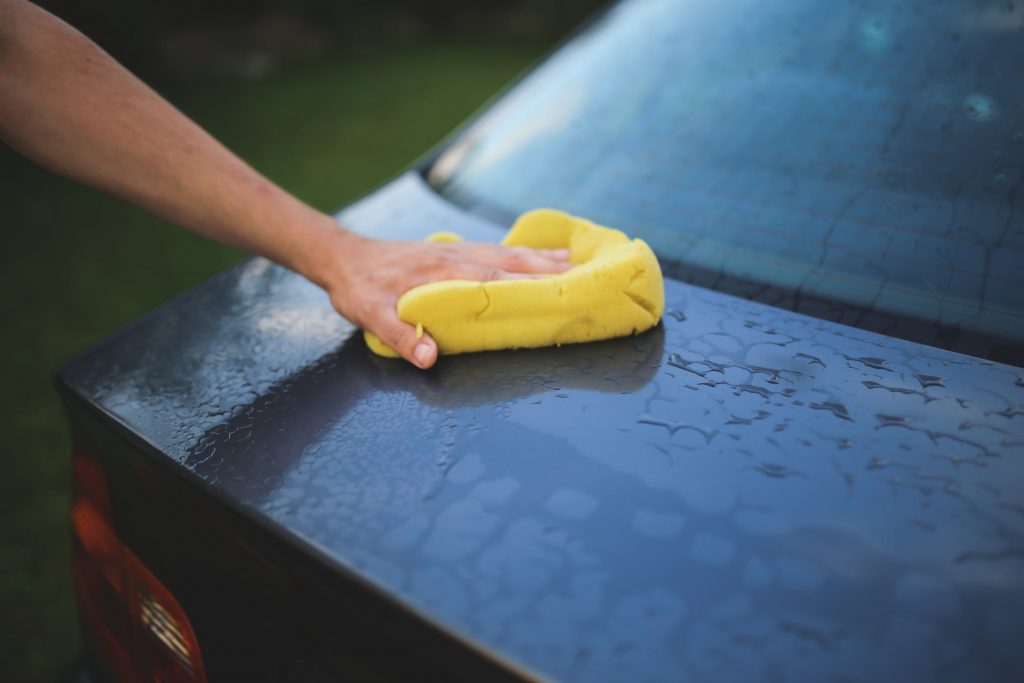The best car washes including Delta Sonic use science and technology for water and energy conservation purposes. This is welcome news because of climate change concerns, especially where water supply is concerned (i.e., frequency and severity of droughts).
Water Reclamation Technology
Car washes must adapt their business policies and practices for the modern needs of their customers. Such adaptation includes the use of water reclamation technology including water recycling. Of course, water reclamation technology has been in use for more than 30 years in the industry but it has gained traction due to a combination of increased legislation by government and adoption by car washes.
Basically, water reclamation technology involves the use of systems designed for water conservation, as well as for controlling the costs related to water and sewer hook-ups. The systems adopted by car washes should meet local and federal regulations, which means that there will likely be slight differences between jurisdictions.
Modern car washes also use technology in reducing water use. While traditional car washes use 15 to 85 gallons of water for each vehicle, their modern counterparts use between 8 and 70 gallons of water, thanks to the use of water reclamation and/or filtration technology.
You may ask why you can’t just wash your car at home. You may think that you can limit the number of gallons of water used by using buckets, for example, but it isn’t realistic. Studies have shown that an at-home car wash will use 100 or more gallons per vehicle but a professional car wash will need much less – about 15 gallons/car for a 3-minute cycle in a self-service high-pressure wand car wash, for example. An in-bay automatic car wash uses 50 gallons/vehicle while a regular tunnel car wash spends just 30 gallons/vehicle.
Plus, you cannot recycle the water used in an at-home car wash job. This isn’t true for a commercial car wash with its water reclamation system in place.
Smart Technology Adapted
Car washes also adapt technology to make their customers’ experiences fast, easy and energy-efficient. Customers, for example, can schedule their car wash via mobile apps, as well as use apps to compare prices, pinpoint reliable car washes, and write reviews. Companies, in turn, also adopt safe and secure payment systems like payment kiosks and online payments.
By locating the best car washes online first, customers can conserve on gas instead of going around town looking for these establishments. Car washes, in turn, use smart technology in making their businesses more cost-efficient, such as in troubleshooting issues, assigning projects, and managing inventory.
The next time you want to criticize car washes and their apparent misuse of water, think of these water and energy conservation measures first.
